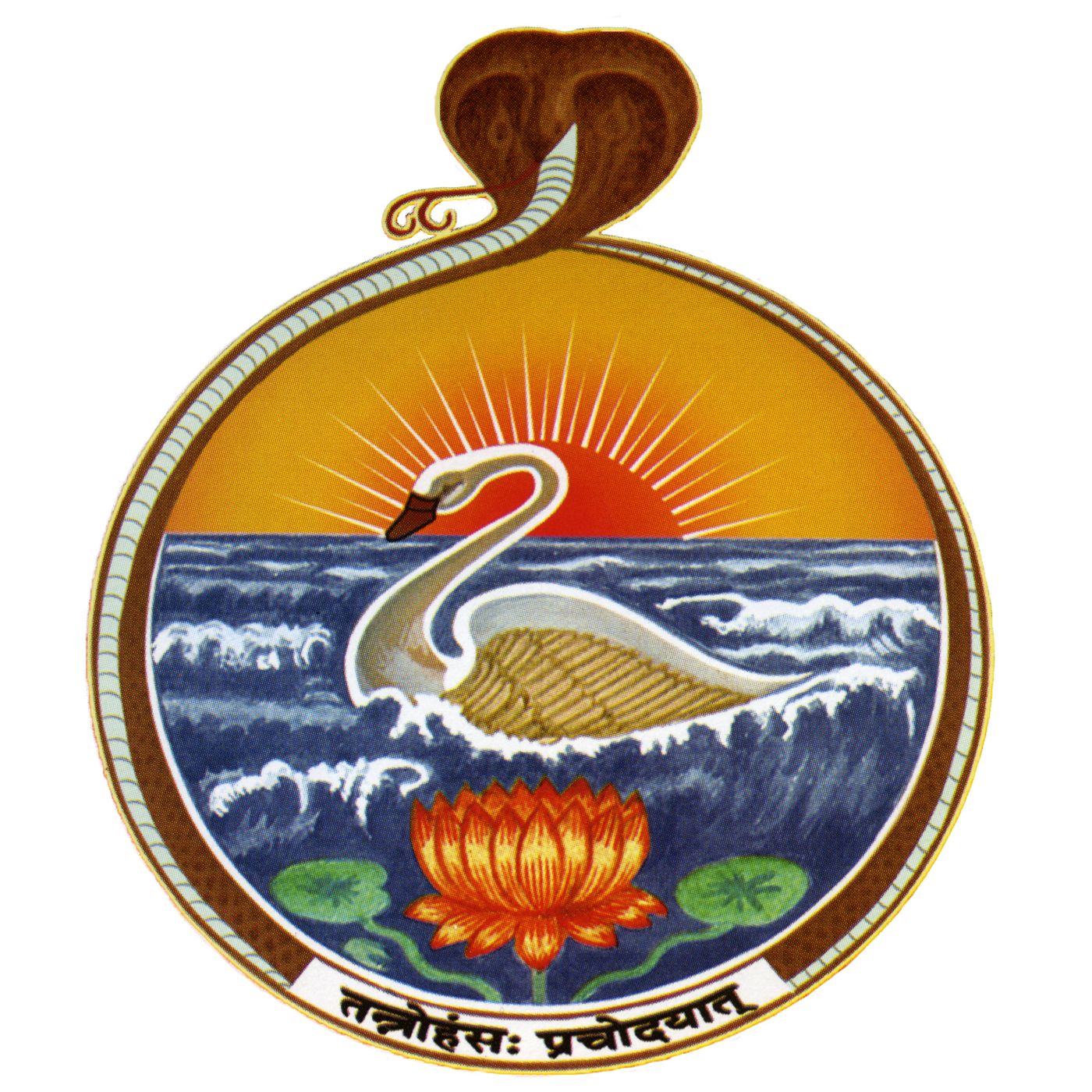Episodes
This discourse was given on August 4, 2019 at the Lake Tahoe Retreat run by the Vedanta Society of Northern California by Swami Tattwamayananda.
-The knower of Brahman fears nothing. Swami Trigunatitananda is an example. It is not recklessness.
-When we practice tapas, concentration and austerity, the external truth is opened in scientific investigation and spiritual truths are opened when we practice inward concentration.
-Verses III.1 – III.5 illustrate Bhrigu’s journey to spiritual...
Published 08/06/19
Published 08/06/19
This discourse was given on August 3, 2019 at the Lake Tahoe Retreat run by the Vedanta Society of Northern California by Swami Tattwamayananda.
-The Siksha-Valli contains various Upasanas.
-Verse I.9 explains how to interact with all so that we will not disrupt the invisible harmonizing principle.
-Verse I.11 is a convocation address for all graduating students, which teaches how to live life keeping these high ideals in mind.
-When in doubt about conduct, we should consult the wise...
Published 08/06/19
Verses: II.7, II.8, II.6. This discourse was given on August 2, 2019 at the Lake Tahoe Retreat run by the Vedanta Society of Northern California by Swami Tattwamayananda.
-asat in the context of Verse II.7 means avyakrta, the state before differentiation into name and form.
-Four forms of abhava, non-existence, from Nyaya philosophy are explained.
-Spiritual life is a journey from many to one. When we no longer feel difference, there is no fear and we experience Ananda in the cave of the...
Published 08/06/19
Verses: II.1, I.9. This discourse was given on August 1, 2019 at the Lake Tahoe Retreat run by the Vedanta Society of Northern California by Swami Tattwamayananda.
-There are direct and indirect approaches to explaining Brahman. In the direct approach, Brahman is explained from the highest perspective. In the direct approach, the highest is explained in connection with what is already known. Both approaches can only give an approximate explanation.
-In Verse II.1, Brahman is described as...
Published 08/06/19
Verses: I.9, II.1. This discourse was given on July 31, 2019 at the Lake Tahoe Retreat run by the Vedanta Society of Northern California by Swami Tattwamayananda.
-Rtam, Satyam, and Dharma are explained.
-Svadhyaya and Pravacana are explained.
-Vedanta allows us to see all of the world’s traditions from a universal perspective. We expand beyond our immediate interests, needs, and physical body. Our svadharma helps all people.
-The four ashramas are reviewed. The importance of learning to...
Published 08/06/19
Verses: III.6, II.8, I.11, I.9. This discourse was given on July 30, 2019 at the Lake Tahoe Retreat run by the Vedanta Society of Northern California by Swami Tattwamayananda.
-Ananda: attaining what ought to have been attained; having done what ought to have been done.
-Ananda: the science of inner bliss.
-The enjoyment of good health and wealth is very small in comparison to the enjoyment of transcendental bliss.
-Transcendental bliss allows spiritual seekers like Prahlada and the Russian...
Published 08/06/19
Verses: III.4, III.5, III.6. This discourse was given on July 29, 2019 at the Lake Tahoe Retreat run by the Vedanta Society of Northern California by Swami Tattwamayananda.
-Bhrigu and Varuna’s approach to going deeper in spiritual inquiry through tapah, austerity is reviewed. Matter, annam, and life-energy, prana, are the first two stages of Bhrigu’s understanding of Brahman, but he continues his inquiry.
-At the next two stages of Bhrigu’s inquiry, he finds that the mind, manas and...
Published 08/06/19
Verses: I.1, III.1, III.2, III.3. This discourse was given on July 28, 2019 at the Lake Tahoe Retreat run by the Vedanta Society of Northern California by Swami Tattwamayananda.
-God is the one all-pervading spiritual reality.
-The five stages of the evolution of Godhead: pantheism, panentheism, polytheism, monotheism, monism.
-After inquiry, Bhrigu the young boy is instructed by his father Varuna: seek to know that from which all things are born, by which they remain alive, and into which,...
Published 08/06/19
Verses: I.1, I.11. This discourse was given on July 27, 2019 at the Lake Tahoe Retreat run by the Vedanta Society of Northern California by Swami Tattwamayananda.
-Triple foundation of Indian philosophy: (1) Upanishads, which form the foundation (2) Gita, which provides the interpretation and (3) Brahmasutras, which provides the logical analysis
-Initially, there was one Veda. Vyasa classified into four groups: Rig veda, Yajur veda, Sama veda and Atharva veda. Taittiriya Upanishad belongs to...
Published 08/05/19


